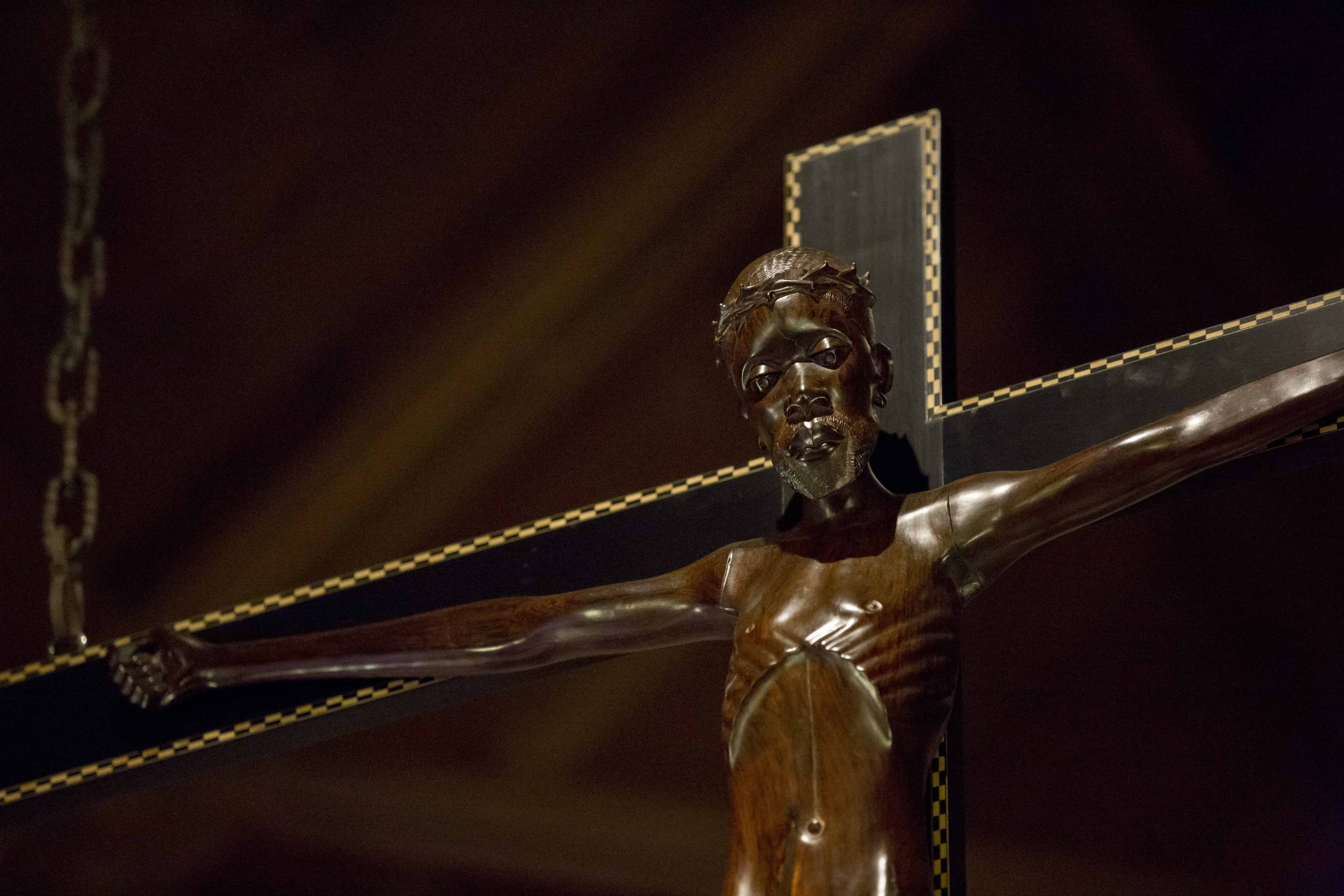Four months have passed since the United States’ Catholic Bishops published their letter against racism “Open Wide Our Hearts: The Enduring Call to Love.” Released to the public during controversies about sexual abuse in the church, the document has been overlooked by many Catholics. Even as the subject of racism continues to be at the center of national debate over public policies and civil rights, the USCCB’s renewed commitment to advocacy and education against this old social sin, awaits to be appropriated by a big part of the Catholics. With this in mind, I want to share 5 points in the Bishop’s letter for Catholics who work against racial discrimination.
1. Racism is not solved
Many Americans underestimate the ongoing impact of racism and think that racism is exclusively an attitude issue and that the worst of it ended decades ago thanks to the Civil Rights Movement. Conscious of this, the Bishops make clear that the reason they write this letter in the first place is because of the “persistence of the evil of racism,” (7). For evidence they refer, not just to prejudice, but to actions and policies like the discrimination of Hispanics and African Americans in receiving public services, racial profiling, the xenophobic attitudes toward immigrants and people of the Middle East, the display of swastikas and other symbols of hate in public, and to the sinful silence that does not intervene against injustice.
2. Racism manifests itself in socio-economic conditions
If racism is about segregated drinking fountains and buses, one might argue that it is no longer among us. But if the effect of racism is to prevent people of color from getting their share of available wealth and income, the damages brought by slavery and segregation are still among us. The Bishops speak about this problem of de facto segregation and describe it as “systemic racism” and mention the example of “the water crisis in Flint, Michigan,” a situation they describe as a product of “policy decisions that negatively affected the inhabitants, the majority of whom were African Americans,” (6).
3. Conversion and reform are the goal of the Bishops
This Letter is not a defense or celebration of what the Church and the United States have done to fight racism. In their own words, it is a calling for “conversion that will compel change, and the reform of our institutions and society,” (7). The Bishops acknowledge how the Catholic church in the United States has acted in racist ways on multiple occasions, not only by adjusting to local racist practices but also by not lifting its voice on behalf of the oppressed. They admit that this racism has been committed by lay people, leaders of the church, and popes, and that it still “persists to a degree even today,” (21). The Bishops also ask for forgiveness and commit to mobilizing the Church in the right direction from its catechists, to its theologians, from its pastors to its religious educators, families, parishes, and seminaries.
4. Advocating against racism is part of evangelizing
As men of the church, the Bishops do not fail to recognize the spiritual dimension of both the problem of racism and its solutions. But they also insist that racism “can only end if we contend with the policies and institutional barriers that perpetuate and preserve the inequality -economic and social- that we still see all around us,” (28). In this spirit, they “call on the members of the Body of Christ to join others in advocating and promoting policies at all levels that will combat racism and its effects in our civic and social institutions.” After committing to advocate for just laws and talking about all the ways in which the church will proceed from now on, they also explain how all of these unceasing efforts are part of the Christian duty of calling society to conversion, which includes “affecting,” and if necessary “upsetting,” people’s criteria (29).
5. Racism IS a life issue
Separating racism from issues like death penalty, euthanasia, poverty and abortion are a common temptation for Catholics. Sometimes it is easily forgotten that people of color are constantly hit by these challenges over which the church has steadily expressed itself. Facing this error, the Bishops make one of the most direct statements in the whole letter: “we unequivocally state that racism is a life issue,” (30). It is an “attack on human life” and violates “the dignity inherent in each person.”
*****
In our current situation, any hope for improvement in the way most Catholics deal with their own prejudices and commit to the eradication of racism, begins by implementing the measures contained in the Bishops’ letter. This is not just the hierarchy’s responsibility. Every baptized woman and man have to play their part in fulfilling this mission. It’s up to all of us to make sure that this document does not become a letra muerta (“dead letter”). That is my hope.


